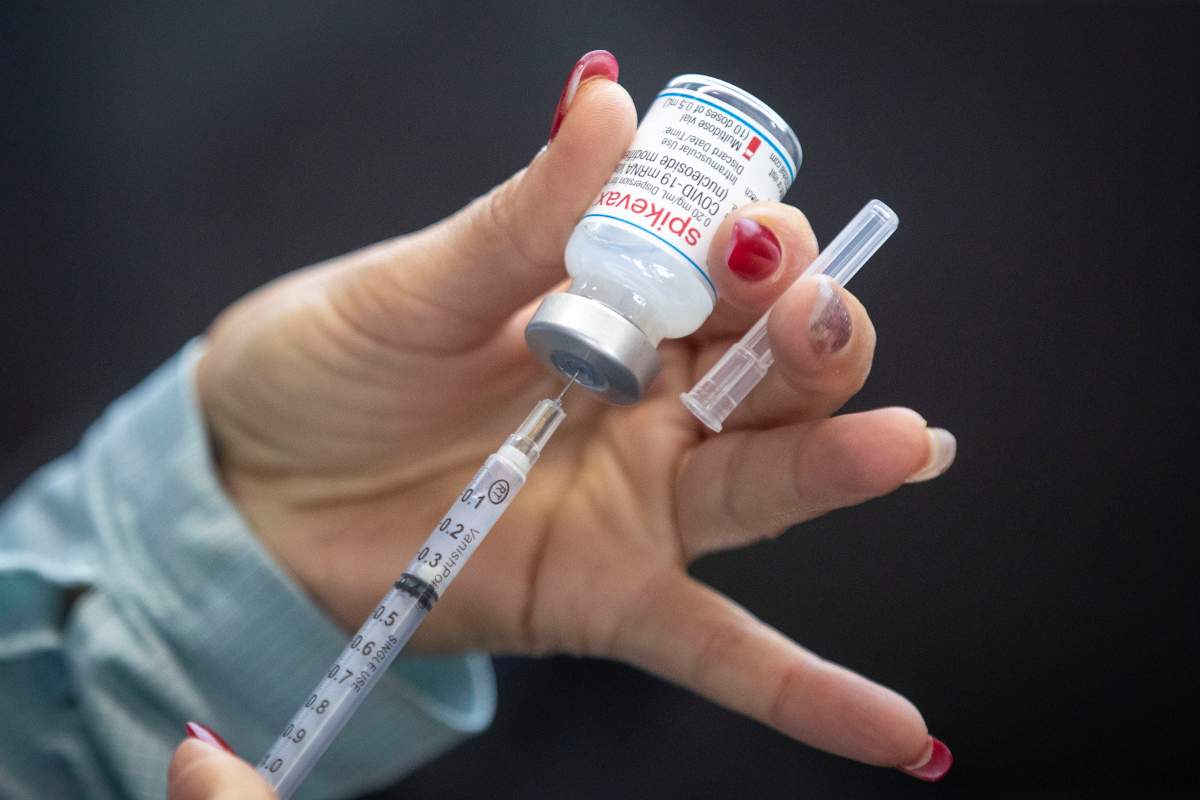British Columbia’s auditor general is calling on the province to ensure it has an up-to-date registry of all provincial health-care workers and residents in long-term care and assisted-living facilities in anticipation of future health emergencies.

The recommendations are included in a new report looking at how the province monitored vaccination coverage as it responded to the COVID-19 pandemic.
The audit focused on the period from December 2020 to February 2022, as B.C. undertook its largest-ever immunization campaign, administering more than 14 million doses of COVID-19 vaccine.
At a Thursday briefing, Auditor General Michael Pickup said accurate vaccine rollout information was critical, as it was used to guide key decisions around public health restrictions, such as capacity limits at events.
The report, which was presented to the BC legislature Thursday found that the province was able to accurately monitor vaccine distribution and uptake.
“Our audit confirmed that the Ministry (of Health) did indeed have the information it needed to monitor COVID vaccination rates, with some exceptions related to high risk groups,” Pickup said.

Get weekly health news
“We found the ministry shared this information efficiently with decision makers.”
However, Pickup said the audit identified two key areas where data collection and sharing lagged.

The first was in the province’s long-term care and assisted-living facilities, home to some of B.C.’s most vulnerable people and a priority area for vaccination.
He said the province lacked a centralized registry for care homes, meaning that in some cases data collection had to be done manually, meaning estimates could have been inaccurate.
The second case involved provincial health-care workers, who were also prioritized for vaccination.
The report found that the ministry estimated the size of this group and did have adequate processes in place to monitor the vaccination campaign’s early progress.
But as more workers became eligible, in the period from February to October 2021, the province did not revise its group size estimate and “was using an out of date calculation to create estimates, which made the information unreliable,” Pickup said.
In October 2021, an order was issued requiring vaccination for all health-care workers working in health authorities and the ministry was able to use health authority databases of staff to help implement the order.
Pickup says his office was told ministry and health services authority staff did not have the authority to access those databases until the introduction of the COVID-19 vaccination mandate.
For the general population, the report found that B.C. kept vaccination information in a single registry.
It found the Ministry of Health was able to develop and roll out an upgraded system capable of handling registrations, appointments, and vaccine inventories on a mass scale by April, 2021 when the general public began becoming eligible for vaccination.
Pickup said the provincial government has agreed to its recommendations regarding the creation of registries for both health-care workers and care home residents.
— with files from the Canadian Press









Comments
Want to discuss? Please read our Commenting Policy first.